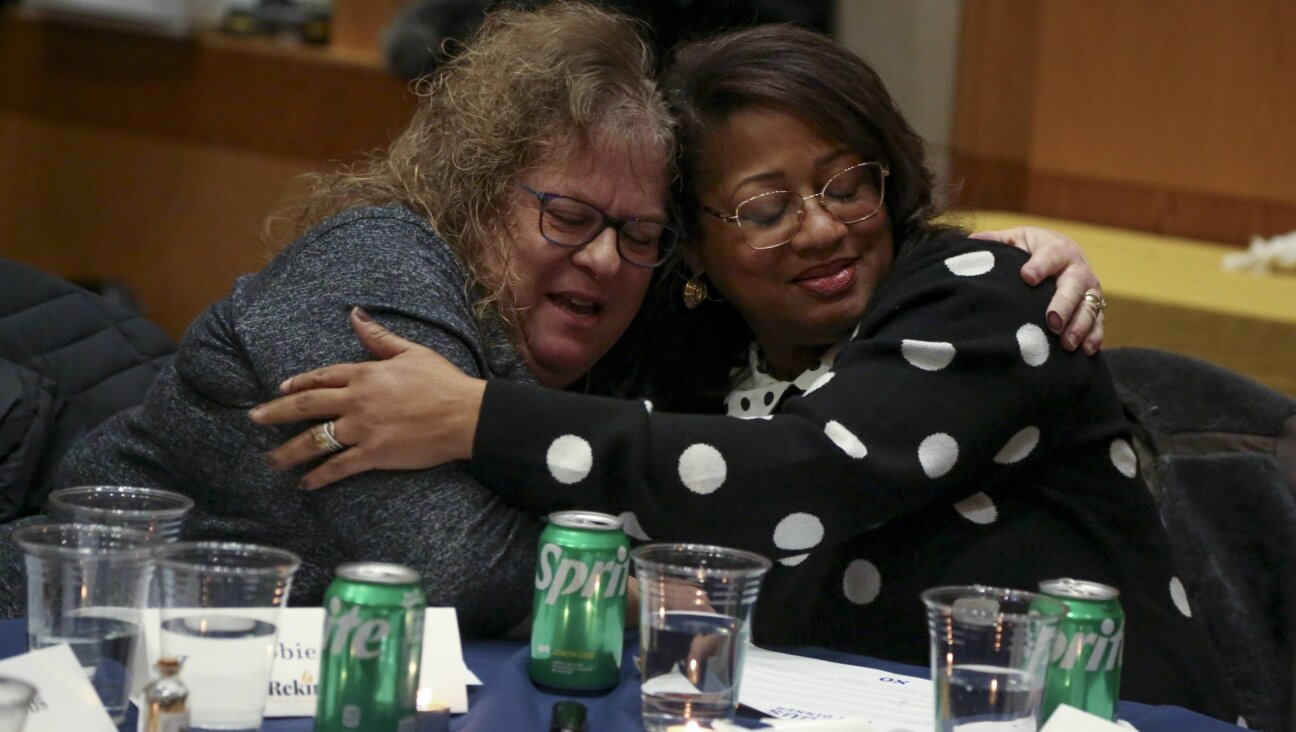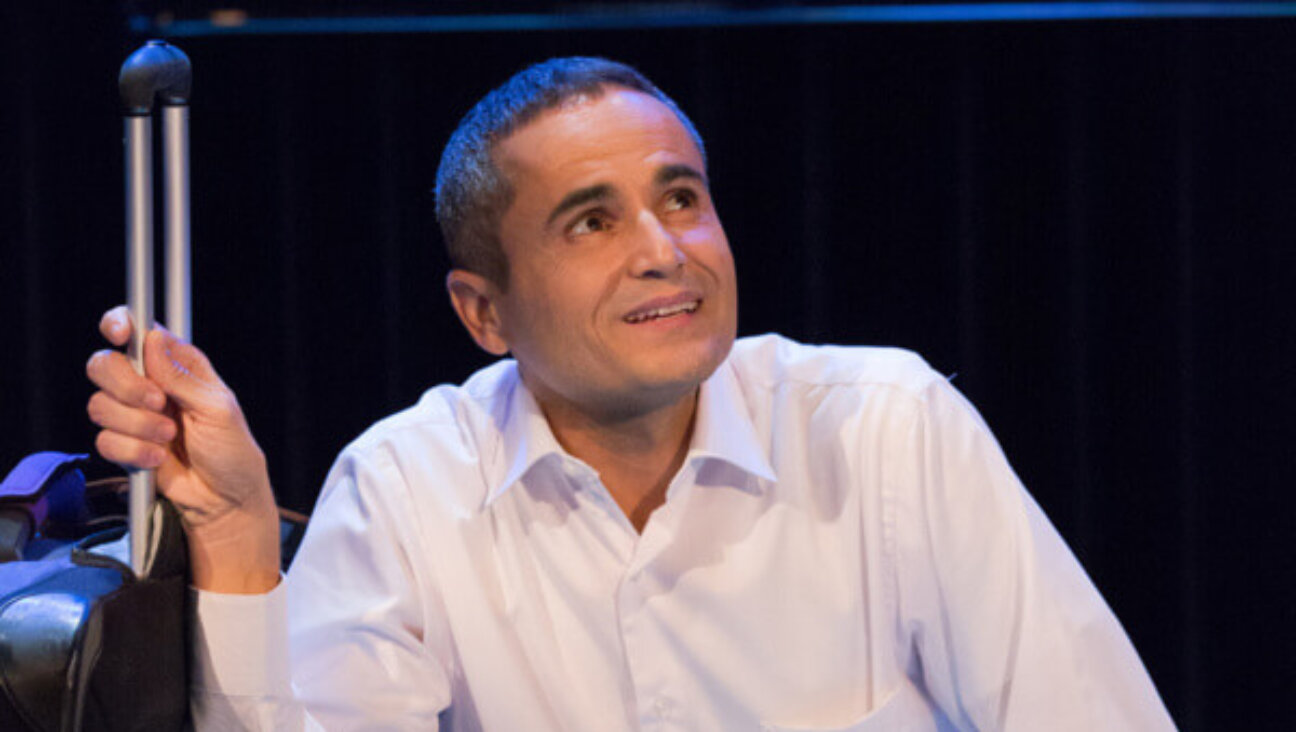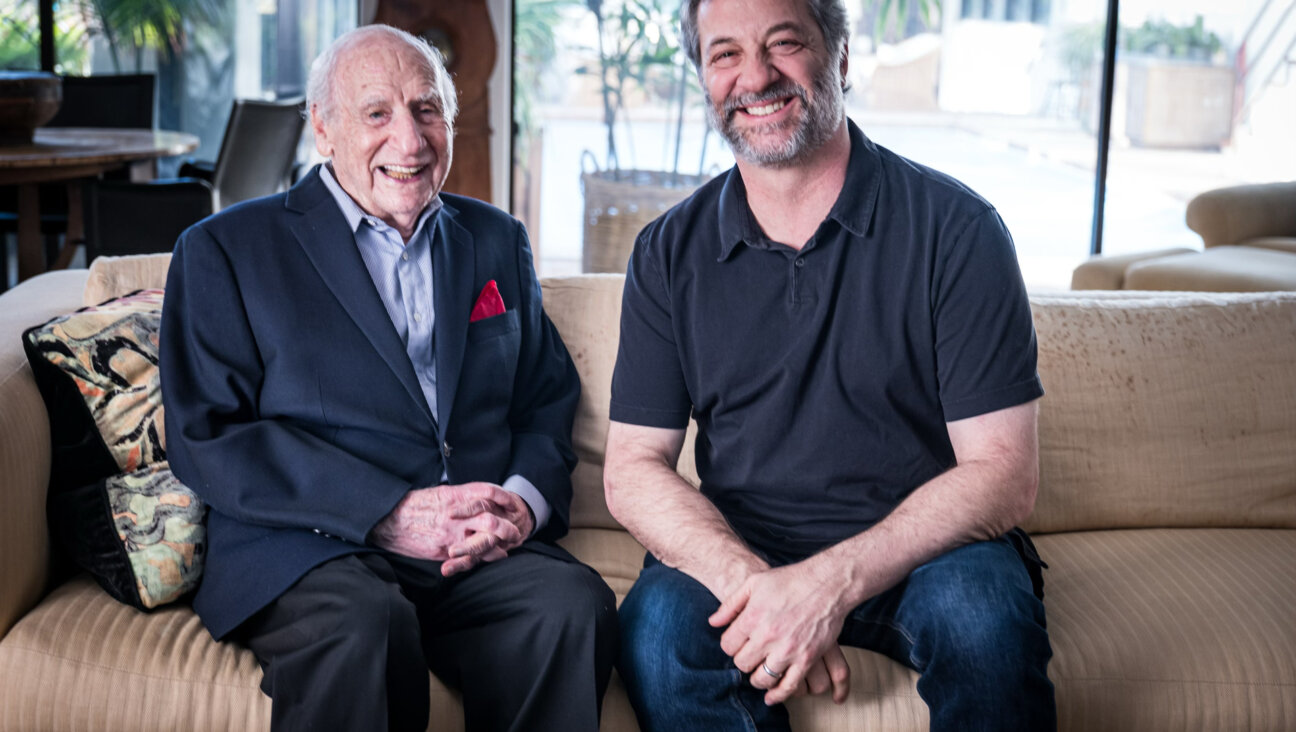Pro-Israel Group Polls Palestinians on Peace Process
A new poll of Palestinian public opinion offers a mixed bag in terms of supporting the Middle East peace process. The poll, conducted by The Israel Project, a pro-Israel organization based in Washington, found support for peace talks and for the leadership of Mahmoud Abbas and Salam Fayyad, but also detected a reluctance to see a two-state solution as the final outcome in the region.
While the findings of this poll resemble many similar trends found in independent Palestinian public opinion polls, they differ in areas of focus. Answers to questioned posed by The Israel Project survey point to more troubling trends among Palestinians while Palestinian polls lean more to the pro-peace side. In both cases, the key to understanding the results lays in analyzing the questions asked by pollsters.
The TIP poll, conducted by pollster Stanley Greenberg, found that a majority of Palestinians, both in the West Bank and in Gaza, support peace talks with Israel and favor a two- state solution. But when asked if they view a two-state solution as their final goal, only 30% of Palestinians responded positively. Sixty percent said their goal is to start with a two-state solution and then move to it all being one Palestinian state.
However, a Palestinain poll conducted during the same time frame by the Arab World for Research and Development (AWRAD) found that most Palestinians favor a two-state solution and that 54% would support a bi-national state in which Israelis and Palestinians are given equal rights. Another poll, conducted last month by the Palestinian Center for Public Opinion in Bethlehem found that only 26% of Palestinians prefer a bi-national one-state solution.
The difference can be explained by the formulation of the questions. The TIP survey referred to a desired final outcome being a one-state Palestinian nation, while the Palestinian polls asked about a one-state bi-national state.
According to The Israel Project’s survey, Palestinians still support armed struggle against Israel. A majority of respondents in the poll said they would not rule out violent resistance in the future. However, the AWRAD survey found a large majority of Palestinians prefer non-violent means as the preferred way to end Israeli occupation. The difference, again, is in the questions.
The TIP survey asked Palestinians if they believe they will have to resort to armed struggle again, or if the days of armed struggle are over—in essence, a measure of their current confidence that the conflict could be peacefully resolved. The AWRAD survey asked by what means Palestinians preferred to end the occupation. TIP spoke of “armed struggle” whereas AWRAD chose the term “violent means.”
The TIP survey, according to Greenberg, also tried to go beyond describing current trends and sought to examine the potential impact messages from the Palestinian leadership about the peace process could have on public opinion in the West Bank and Gaza. It found that when presented with a detailed scenario of an agreement with Israel based on the 1967 borders with adjustment, the acceptance of Israel as a Jewish state and of a two-state solution as the final goal significantly increases. This is interpreted as a positive sign, signaling that with positive messaging from the leadership, Palestinians would be more likely to accept Israel’s key demand of being recognized as a Jewish state.
Regarding the political situation in the Palestinian territories, the TIP’s findings are similar to those of Palestinian pollsters. They show that support for Fatah is growing and that Hamas, which currently rules the Gaza Strip, is losing ground. A majority of Palestinians said they would vote for Fatah next time they go to the polls and among Gazans there is a majority that disapproves with Hamas leadership. The AWRAD poll also found a continuous decline in support for Hamas and its local Gaza leader Ismael Haniyeh.















